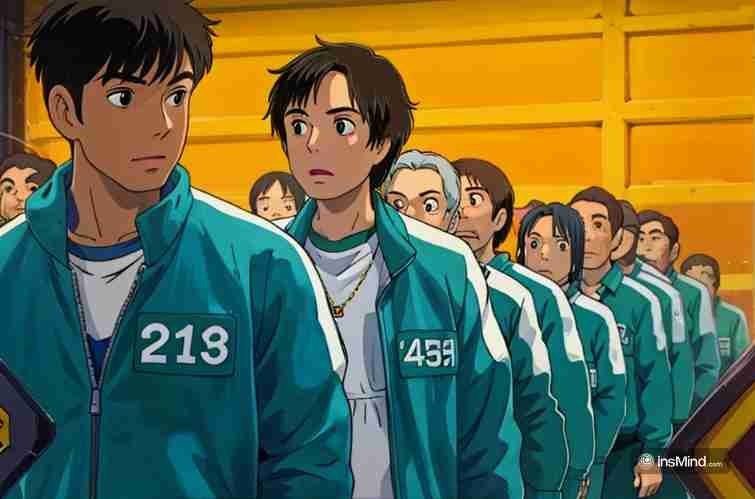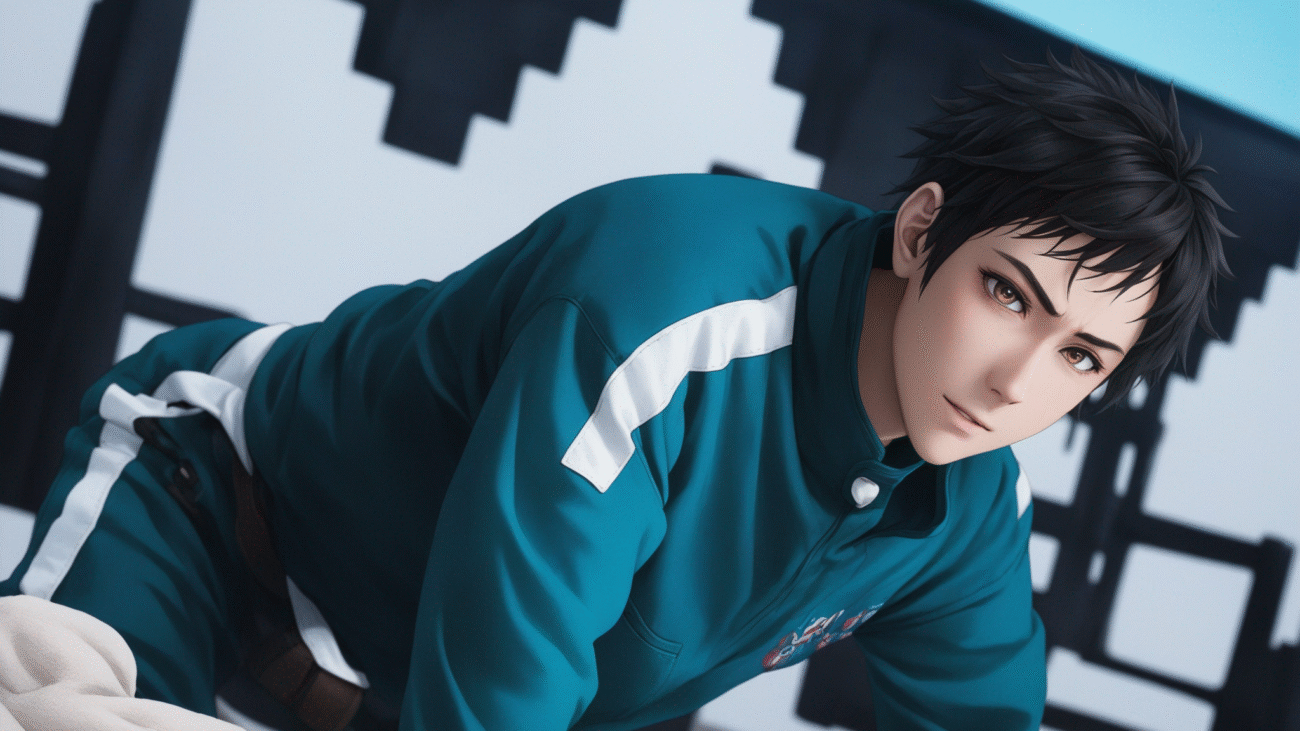
10 unique life lessons derived from Seong Gi-hun’s journey in Squid Game Season 3, as portrayed by Lee Jung-jae, based on his character’s experiences and the themes explored in the series:
1. Humanity Persists in Darkness
Gi-hun’s decision to sacrifice himself for Jun-hee’s baby in the final round shows that even in the bleakest moments, choosing compassion over self-preservation can affirm one’s humanity.
His act reflects the belief that selflessness can shine through despair.
2. Guilt Can Transform You
Gi-hun’s guilt over the deaths of allies, especially Jung-bae, drives him to a darker place, but it also fuels his resolve to fight the system.
This teaches that guilt, while painful, can be a catalyst for growth and purpose if channeled constructively.
3. Resist Temptation to Preserve Integrity
When offered the chance to kill other players to win, Gi-hun refuses, recalling Sae-byeok’s words, “You’re not a killer.”
This highlights the importance of staying true to your moral compass, even when faced with easy paths to victory.
4. Hope Lies in Future Generations
Gi-hun’s sacrifice for the baby, seen as a symbol of the future, underscores the responsibility to create a better world for those who come after us.
It’s a reminder to act with the next generation in mind.
5. Trust is a Risk Worth Taking
Despite repeated betrayals, Gi-hun continues to trust others, like his allies in the rebellion.
His advice to Sae-byeok, “You don’t trust people because they are trustworthy.
You do it because you have nothing else to rely on,” reflects the necessity of trust in building connections, even in treacherous environments.
6. Confronting Evil Requires Sacrifice
Gi-hun’s mission to dismantle the Squid Game organization shows that fighting systemic injustice often demands personal loss.
His death to save the baby illustrates that meaningful change may come at the ultimate cost.
7. Kindness Begets Unexpected Rewards
Gi-hun’s consistent kindness, seen in his actions across seasons, like letting another player take the safer position in Season 1’s glass bridge game, often leads to unintended benefits.
This reinforces that kindness, even in dire circumstances, can create positive ripple effects
8. Vengeance Clouds Judgment
Gi-hun’s descent into vengeance after Jung-bae’s death leads him to kill Dae-ho, an act he later regrets.
This teaches that unchecked anger can distort your values and lead to actions that betray your true self.
9. Collective Action Over Individual Heroism
Gi-hun learns that solo efforts, like his rebellion, often fail against systemic forces.
His arc suggests that real change comes from collective goodwill, not just one person’s crusade, echoing his belief that “good-hearted people coming together” create impact.
10. Facing Despair Builds Resilience
Gi-hun’s journey through loss, betrayal, and failure in Season 3 shows that enduring despair can forge a stronger resolve.
His ability to rise after hitting rock bottom, as noted by Lee Jung-jae, teaches that resilience is born from confronting life’s lowest points.


продолжить https://kra–35.at/
перейти на сайт https://kra–35.at/
в этом разделе https://kra33.co.at/
другие https://aviator-game-play.com/aviator-1win/
Узнать больше https://tripscanwin28.top/
browse around this site https://aviator-game-play.com/en/aviator-at-ivibet/
узнать больше https://tripscanwin28.top/
найти это https://kra3-4.at/
узнать больше Здесь https://kra33.co.at
другие https://tripscanwin28.top/